Writing: Poetry
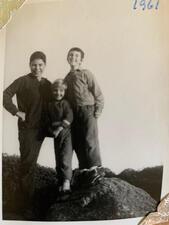
Marjorie Agosín
Marjorie Agosín is an award-winning Chilean Jewish poet, memoirist, novelist, literary critic, editor, educator, and human rights activist. Her work, which she writes in Spanish, is widely translated into English and other languages. She is a professor of Spanish and Latin American Studies at Wellesley College.
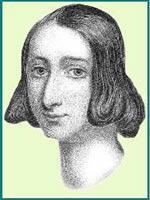
Grace Aguilar
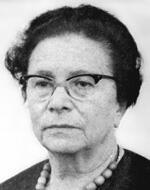
Anda Pinkerfeld Amir
Anda Pinkerfeld-Amir was a Zionist poet, and author whose works reflected the tension between Judaism and feminism in the early twentieth century. In her youth, she was a member of Ha-Shomer ha-Za'ir in Poland, and in 1920 she immigrated to Palestine to write Hebrew verse. She is best remembered as a children’s writer who tackled complex topics with humor and compassion.

Anglo-Jewish Writers in the Twentieth and Twenty-First Centuries
Anglo-Jewish women writers have been active creators within the British literary arena since the late nineteenth and early twentieth century. The 1960s and 1970s saw the emergence of a number of Jewish female voices, although it was not until the 1990s that the works of Jewish women writers began to be recognized as part of the British literary canon. Anglo-Jewish women writers’ multifaceted perspectives are reflected in a literary production characterized by experimentation and fragmentation.
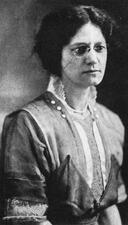
Mary Antin
Artists: Russia and the Soviet Union
Jewish women participated in the artistic life of the Russian Empire and the Soviet Union for over a hundred years. Jewish women artists worked in all styles, from the routine academic to the extreme avant-garde. There were also well-known art patrons, gallery owners, art historians, and art critics.
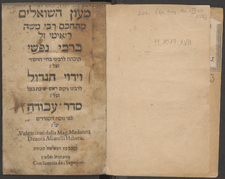
Devorà Ascarelli
Until recently all that was known about Devorà Ascarelli was available in a 1601 collection of mainly Italian translations of Hebrew liturgy for the Day of Atonement, Me’on Ha-Sho’alim. Now it is known that she was born Devorà Corcos to a prominent Roman Jewish family, most of whom, including many of her children, would convert, by force or voluntarily, to Catholicism. New information reveals that in Me’on Ha-Sho’alim, she transliterated the Italian translations of another author into Roman letters that could be read by more Jews.
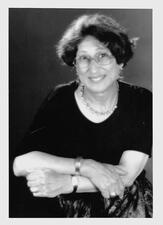
Liliane Atlan
Liliane Atlan (1932-2011) was a post-World War II French Jewish writer whose stylistically innovative plays, poetry, and narratives represent themes rooted in Jewish tradition. In a literary world shattered by the reality of the death camps, Atlan questions Messianic faith, patriarchal values, and humanistic philosophy.
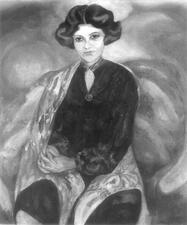
Rose Ausländer
Rose Ausländer was an acclaimed German-language poet, whose poetry reflects her awe for the natural world, her experience during the Holocaust, her travels through Europe, and the close relationships she had with friends and family, particularly her mother. The bulk of Ausländer’s work was published after 1965, when she settled in Düsseldorf, Germany.

Australia: 1788 to the Present
The first Jewish women, like the first Jewish men, arrived in Australia on the very first day of European settlement in 1788. Those convict pioneers were followed by free settlers who made Jewish communal and congregational life viable and helped to develop the vast continent. Jewish women have made significant contributions to Australia's national story.
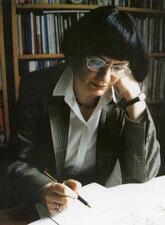
Zsófia Balla
In Hungary, Zsófia Balla is considered one of the greatest women poets. Her lyricism is mixed with grotesque playfulness along with fragmented, ironic, prose-like sequences. Due to her outspoken and down-to-earth character, she plays a large role in shaping contemporary Hungarian literature.
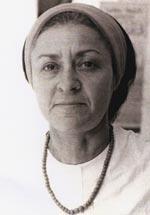
Rivka Basman Ben-Hayim
Born in Wilkomir, Lithuania, in 1925, the much-awarded Rivka Basman began writing poetry at an early age. She composed poetry during the Holocaust, and continued to publish books of lyrical poetry long after. Only late in life did she directly address her experiences during the Holocaust.
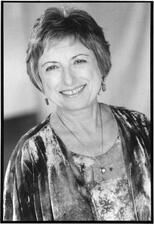
Ora Bat Chaim
Ora Bat Chaim is a poet, painter, and concert manager who in her late 50s began a prolific music composition career. Bat Chaim was the manager of the Zavit Theater and composed over 400 pieces for musicians, plays, and movie soundtracks. Her music can be described as a reflection of Jewish mysticism, yoga, and universal principles of truthfulness, compassion, and tolerance.

Yokheved Bat-Miriam (Zhelezhniak)
Yokheved Bat-Miriam was part of a group of pioneering Hebrew women poets in the 1920s. Her poetry commemorates the religious and emotional lives of Jewish women and frequently focuses on women of the Bible who composed and/or recited poetry.
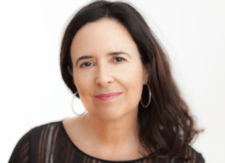
Ruth Behar
Award-winning cultural anthropologist Ruth Behar has conducted groundbreaking research in Spain, Mexico, and her native Cuba. Her innovations in cultural representation have transformed ethnographic writing and reached a broad, non-academic audience through her film, poetry, personal essays, and young adult fiction.
Friha Ben Adiba
Friḥa Ben Adiba (c. 1730-1756) is the sole woman Hebrew poet from North Africa, who wrote Hebrew liturgical and messianic poems in the way of hundreds of rabbinic poets. She was born and grew up in Morocco but around 1750 arrived with her family in Tunis, where she died a few years later as a martyr in a pogrom. After her death she became a saintly figure for the Tunisian Jews.
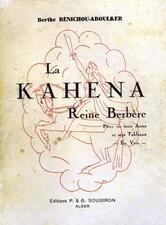
Berthe Bénichou-Aboulker
Writer and artist Berthe Bénichou-Aboulker was born in Oran, French Algeria, in 1886. She published a number of collections of poems and plays. After publishing her first play in 1933, she became the first woman writer to be published in Algeria.
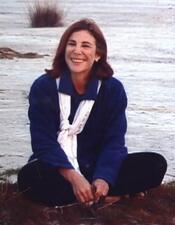
Sabina Berman
Sabina Berman is a Mexican-Jewish playwright, screenwriter, film director, author, poet, and journalist. Considered Mexico’s most successful and critically acclaimed playwright alive, her plays have been staged internationally and her novels have been translated into eleven languages and published in over 33 countries.
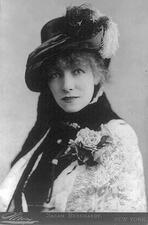
Sarah Bernhardt
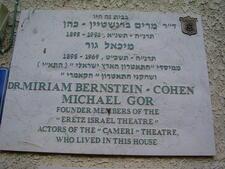
Miriam Bernstein-Cohen
Miriam Bernstein-Cohen was an influential actor, director, poet, and translator in Europe and Israel. She was a versatile actor, appearing successfully both in comedies and in serious plays with the Ohel, Matateh, and Haifa Municipal Theater companies. In addition to her theater work, she wrote books and essays on theater and literature throughout her life.
Biblical Women in World and Hebrew Literature
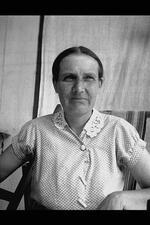
Elisheva Bichovsky
After making Aliyah in 1925, Elisheva Bichovsky (born in Russia as Elizaveta Zhirkova), helped shape the Yishuv’s literary scene as one of Palestine’s first Hebrew poets. Her 1926 Kos Ketannah and 1929 Simta’ot were, respectively, the first poetry collection and first novel written by a woman to be published in Palestine.
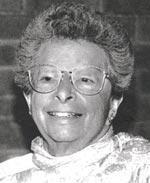
Ruth F. Brin
Britain: Nineteenth and Twentieth Centuries
Since being allowed to resettle in 1656, Jews in Great Britain have established deep community ties throughout their diverse community. Class differences between early Sephardic settlers and the later wave of Ashkenazi immigrants gave rise to numerous Jewish charitable organizations, in which women played a key role.
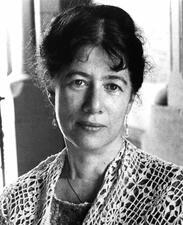
Rosellen Brown
In her fiction, Rosellen Brown confronted themes of alienation, responsibility for others, and racial tension in America. Brown is known for the passion and insight she brings to the page as a poet, essayist, and fiction writer.


